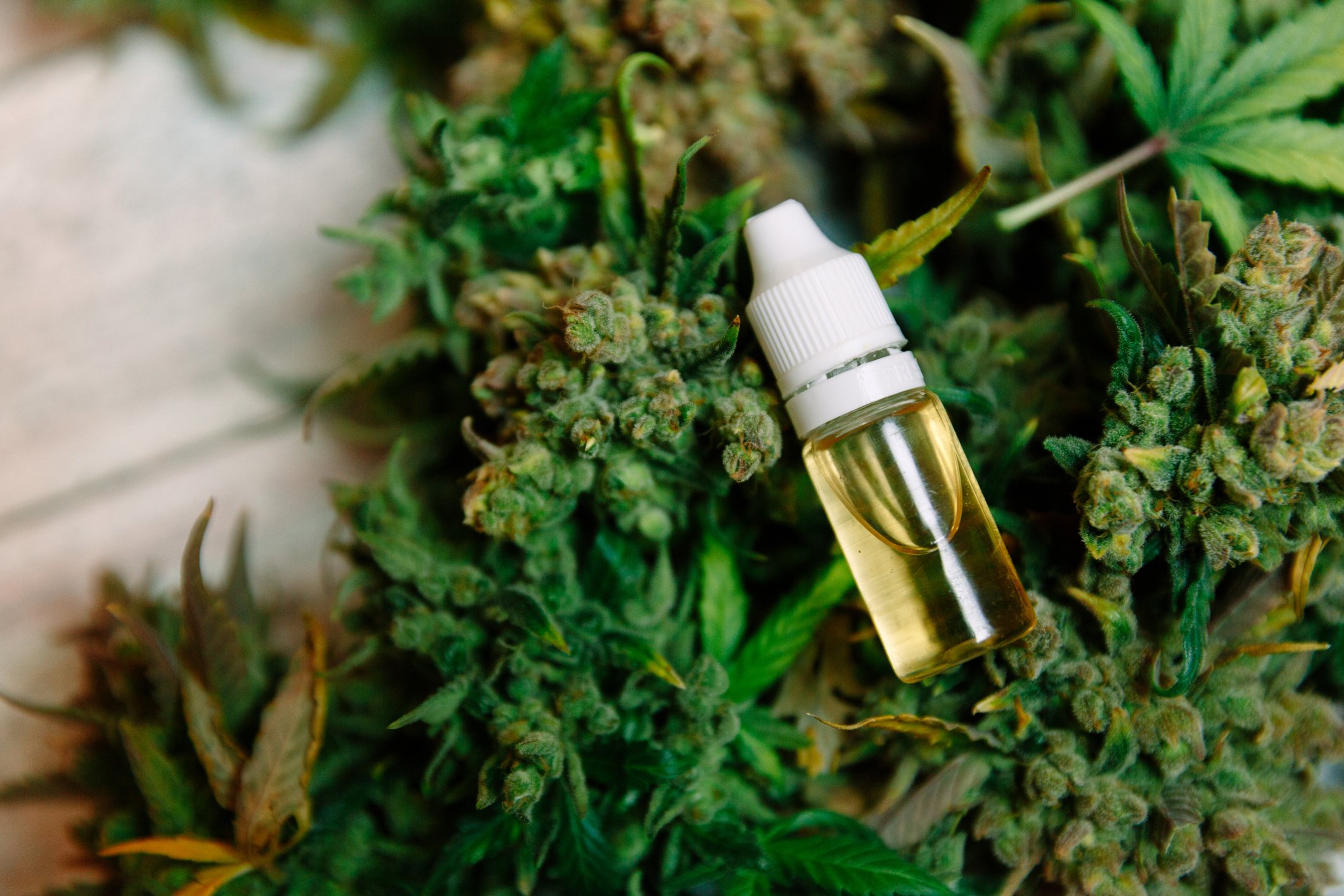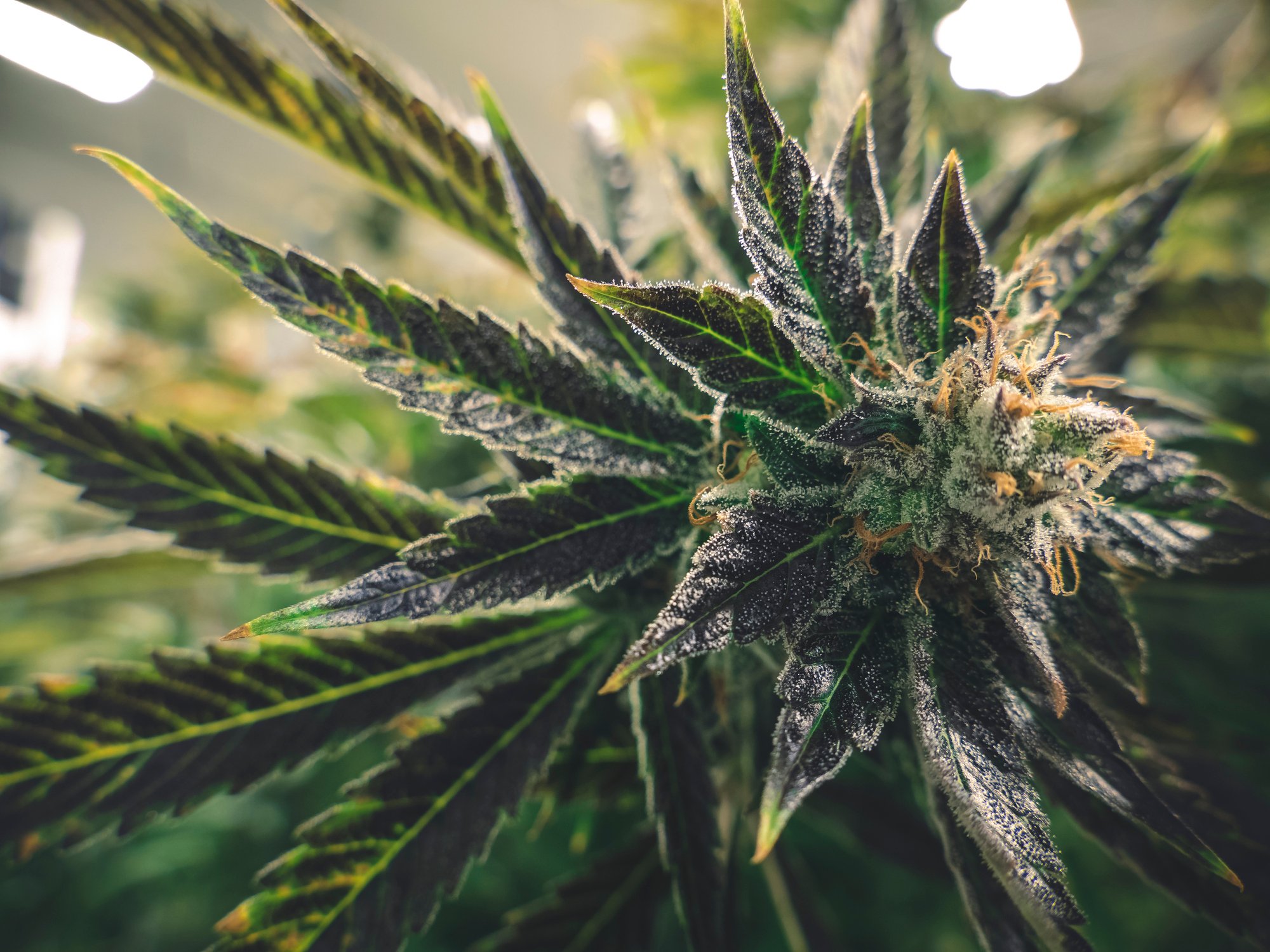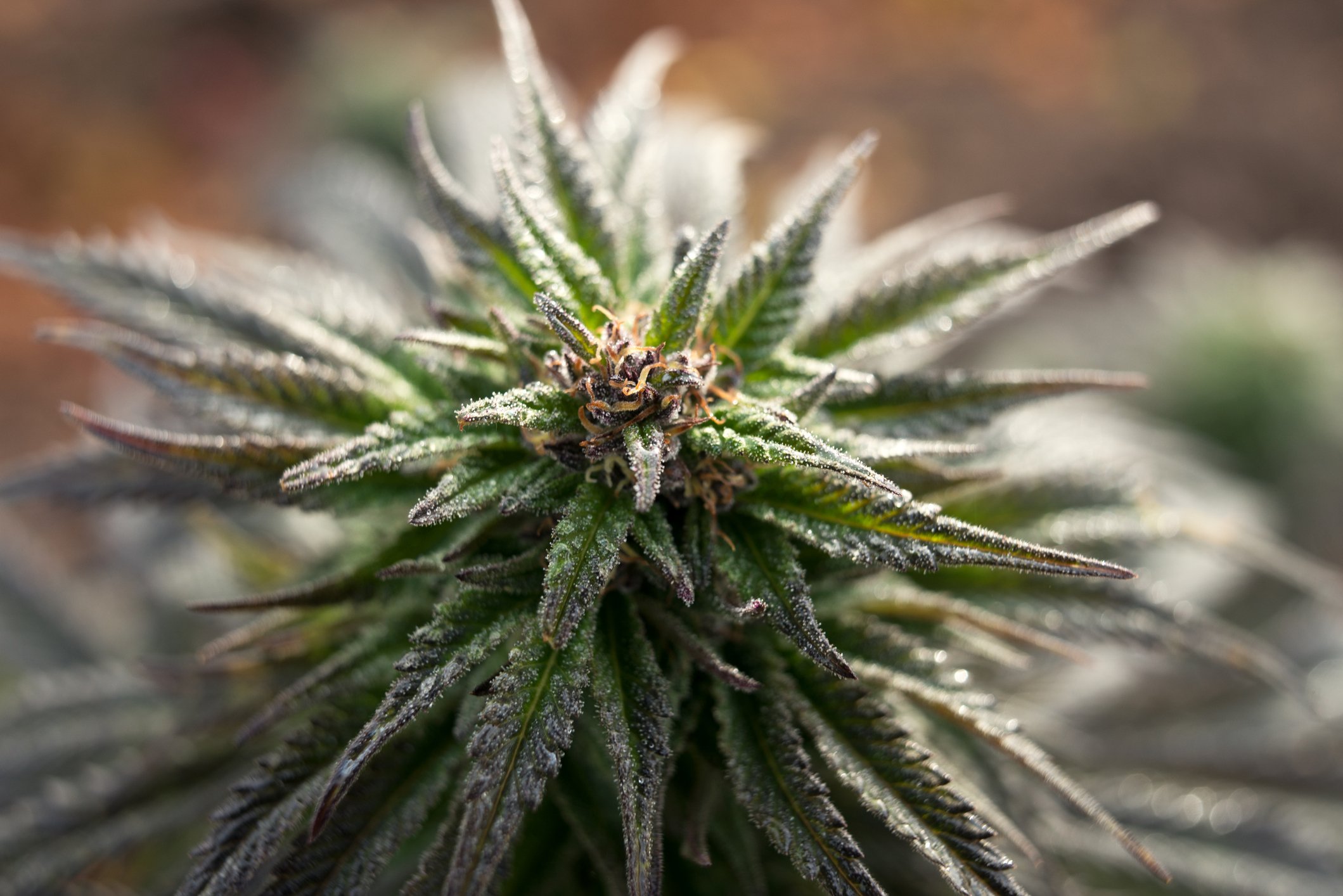Right now the marijuana industry offers two certainties. First, there's the certainty of rapid long-term growth in a legalized industry. We know this because the black market in North America is enormous. Funneling a steady stream of cannabis consumers over to legal channels in North America, Europe, and other parts of the world should allow the worldwide weed industry to realize Wall Street's lofty sales expectations of perhaps $50 billion, $100 billion, or even $200 billion in annual sales by 2030.
The other certainty is that the industry is facing growing pains, and current income statements are downright ugly. Sure, the cannabis industry has produced a few profitable quarters here and there, but many of these profits have been aided by one-time benefits and/or fair-value adjustments. Once we (pardon the pun) weed out these nonrecurring costs and benefits, the true nature of the current marijuana industry can be seen -- and it isn't pretty.

Image source: Getty Images.
Wow! Marijuana stocks don't come any cheaper than this
Because of a host of supply issues in Canada, as well as high tax rates in the U.S., we've witnessed the black market continue to flourish throughout North America. This has meant previously aggressive sales and profit projections from Wall Street have come way down. In fact, marijuana's biggest players, such as Canopy Growth, Tilray, and Cronos Group, might be years away from a recurring operating profit without the aid of one-time benefits or fair-value adjustments.
However, two cannabis stocks have not only bucked the industry trend of expected losses in the upcoming year, but they currently sport single-digit forward price-to-earnings ratios. Considering that pretty much all pot stocks have double-digit forecasted sales growth rates, a single-digit forward P/E would appear to imply that these two cannabis stocks are exceptionally cheap. Of course, you can ultimately be the judge of that.
Valens GroWorks
Perhaps it's no surprise that extraction-services provider Valens GroWorks (VGWCF +0.00%) has a ridiculously low forward P/E ratio of 7. After all, CEO Tyler Robson had this to say about his up-and-coming company in its third-quarter operating results press release:
"[O]ur next income in the quarter has made us the most profitable public company in the Canadian cannabis sector with the highest net income margin (excluding biological asset fair value adjustments)."
Valens finds itself in an enviable position in the extraction space. Marijuana and hemp growers very much need cannabis and hemp biomass processed for resins, distillates, concentrates, and targeted cannabinoids in order to develop derivatives, such as edibles, vapes, and infused beverages. In Canada, regulations concerning derivatives went into effect last month, and they're expected to begin hitting dispensary shelves by mid-December. These products generate considerably better margins for pot companies than traditional dried flower, meaning processors are vital to helping growers meet their goal of a diversified, high-margin product portfolio.

Image source: Getty Images.
Valens GroWorks has signed a number of high-profile agreements in 2019. In April, Valens worked out a two-year extraction-services agreement with Quebec-based HEXO that'll see the company process cannabis and hemp biomass totaling about 30,000 kilos in the first year and 50,000 kilos in the second year (80,000 kilos in aggregate). Valens also expanded its existing processing agreement with Tilray in June, upping its processing commitment to 60,000 kilos per year. These fee-based contracts ensure a steady and predictable stream of revenue and cash flow for Valens GroWorks.
With Valens working on expanding its peak processing capacity to 1 million kilos on an annual run rate basis, it's a fair assumption that the company's sales and earnings per share will, indeed, soar over the next two years.
Supreme Cannabis Company
The other exceptionally cheap cannabis stock is niche Canadian grower Supreme Cannabis Company (SPRWF +0.00%). The collective five analysts following the company have yielded a consensus of just seven times next year's earnings per share, just like Valens GroWorks.
While there's no hiding the fact that Canadian pot growers have been downright awful -- Supreme Cannabis' fiscal first-quarter report reflects this fact -- there are reasons to be excited about its future. For one, this is a company that's chosen quality over quantity. The 7Acres cannabis farm is expected to grow only 50,000 kilos at its peak, but will be focused almost entirely on premium and ultra-premium dried flower and derivatives. Whereas oversupply has already begun wreaking havoc on the dried flower market, Supreme Cannabis should find itself predominantly insulated from these concerns due to the high-quality nature of its product and the lack of competition for premium-quality weed.

Image source: Getty Images.
One of the biggest catalysts for Supreme Cannabis is the company's ongoing transition from being a wholesale marijuana producer to a consumer-packaged goods company. During the first quarter of fiscal 2019, Supreme Cannabis' 7Acres campus was entirely focused on selling marijuana to other pot businesses. While this does move product, wholesale marijuana prices have been tumbling, and this is a generally lower-margin way to generate sales. By focusing its efforts entirely on the recreational market, it'll reduce the impact of per-gram price fluctuations and give itself a path to considerably beefier margins.
Supreme Cannabis has also done a good job of prepping for Cannabis 2.0 (i.e., the derivatives launch next month). It completed its acquisition of BlissCo in July, which now provides Supreme Cannabis with a 12,000-square-foot extraction facility in British Columbia, and has plans to produce a line of pre-rolled pot products in-house and through a contract manufacturing agreement with Indiva. These high-margin derivatives should further boost Supreme Cannabis' already impressive gross margin of 62%, as of Q1 2020.
With Supreme Cannabis forecasting positive adjusted EBITDA (earnings before interest, taxes, depreciation, and amortization) this fiscal year, and focusing its efforts on the consumer retail market, a forward P/E of 7 in fiscal 2021 looks to be feasible.






